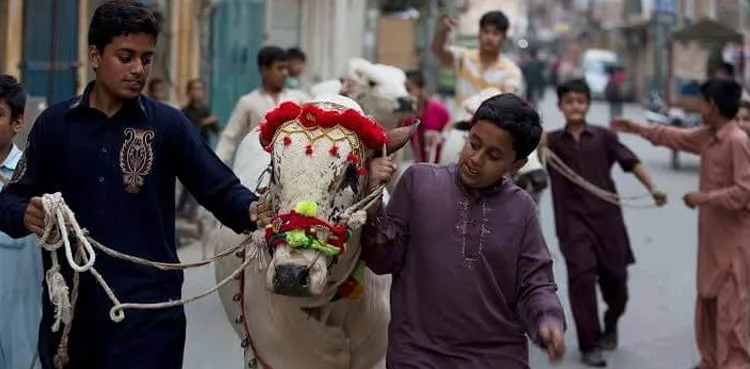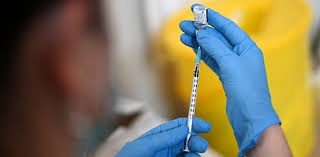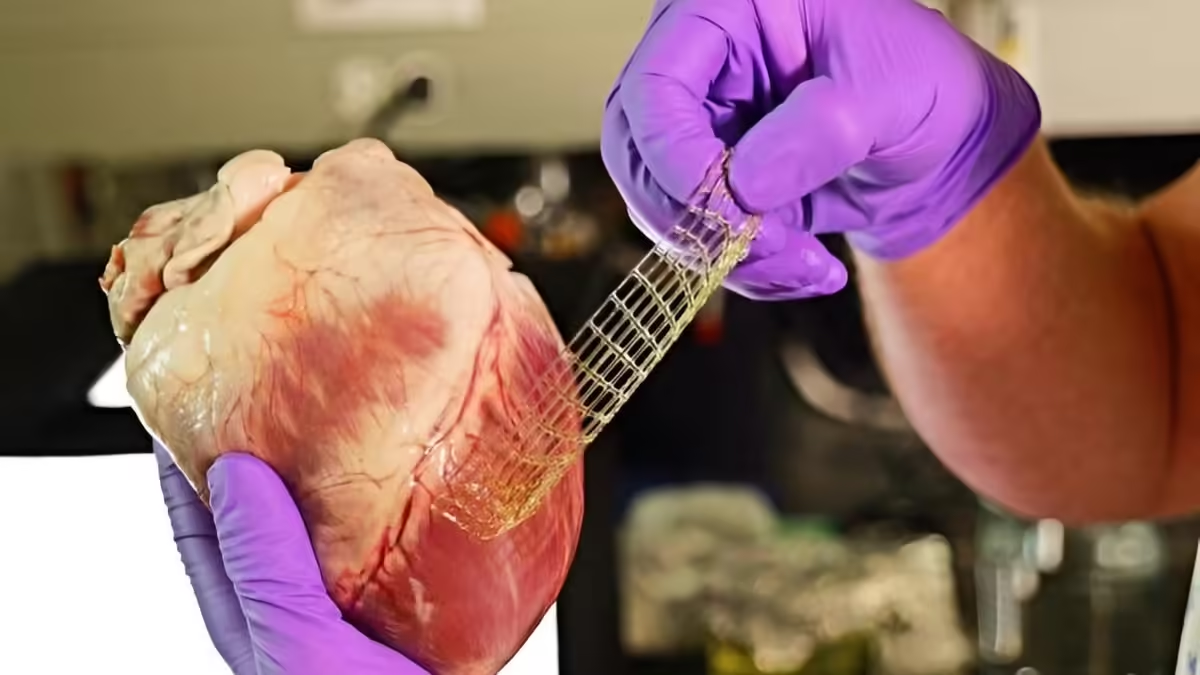Eid-ul-Adha, a festival synonymous with the generous consumption of meat, often brings with it a host of health issues for those who partake in the festivities without caution. Cardiologist Professor Dr. Parvez Chaudhry has highlighted the health risks associated with overindulgence in meat, particularly for individuals with existing heart conditions. Here, we delve into Dr. Chaudhry’s insights on how to enjoy Eid-ul-Adha while maintaining a healthy balance in meat consumption.
The Risks of Excessive Meat Consumption
Dr. Chaudhry warns that excessive meat consumption during Eid-ul-Adha can lead to various health complications, with gastro-intestinal problems being the most immediate concern. For heart patients, the risks are even more significant. Overeating meat can exacerbate heart conditions and potentially lead to severe health crises.
The doctor explains that for individuals with a healthy heart, consuming a large quantity of meat might cause gastro-intestinal distress, but the heart can generally handle this temporary strain. However, this does not mean it is without risk. Repeated overconsumption can gradually affect even a healthy heart.
Special Concerns for Heart Patients
For those with heart failure or other existing heart conditions, the situation is more critical. When a heart patient consumes a large amount of meat, the output of the heart directed towards the digestive system significantly increases. Under normal circumstances, this output is about 5 to 10 percent, but after heavy meat consumption, it can rise to 30 to 40 percent. This dramatic increase puts a severe strain on the heart, raising the risk of heart attacks and other cardiovascular issues.
Dr. Chaudhry emphasizes that heart patients should be particularly cautious. He advises that they limit their meat intake to half a kilo to three pounds per week. This careful moderation can help them enjoy the festivities without compromising their health.
Balancing Meat Consumption During Eid-ul-Adha
To maintain a healthy balance while still partaking in the traditional feasts of Eid-ul-Adha, Dr. Chaudhry offers several practical tips:
Moderate Portions: Enjoy meat in moderate portions. Instead of consuming large quantities at one sitting, spread your intake throughout the week. This approach helps mitigate the sudden strain on the digestive system and the heart.
Balanced Diet: Complement meat dishes with plenty of vegetables, salads, and whole grains. These foods aid digestion and provide essential nutrients that can help counterbalance the heavy nature of meat.
Hydration: Drink plenty of water. Staying hydrated aids digestion and helps the body manage the increased protein and fat intake from meat.
Cooking Methods: Opt for healthier cooking methods such as grilling, baking, or steaming instead of frying. These methods reduce the amount of unhealthy fats consumed.
Physical Activity: Engage in regular physical activity. Even light exercise like walking can help improve digestion and cardiovascular health.
Consult Healthcare Providers: Heart patients or those with other chronic conditions should consult their healthcare providers for personalized advice on dietary restrictions during Eid.
Understanding the Body’s Needs
Dr. Chaudhry also points out that while moderation is key, completely avoiding meat is not necessary unless advised by a healthcare provider. Meat provides essential nutrients like protein, iron, and vitamin B12, which are important for overall health. Therefore, balanced consumption is crucial.
Eid-ul-Adha is a time of celebration, reflection, and family gatherings, where food plays a central role. However, it is essential to approach the festivities with an awareness of the potential health risks associated with excessive meat consumption. By following the advice of experts like Dr. Parvez Chaudhry, individuals can enjoy the culinary delights of Eid while safeguarding their health.
Heart patients, in particular, should heed the warnings about overloading their cardiovascular system. By practicing moderation and incorporating healthy habits, everyone can have a joyous and health-conscious Eid-ul-Adha.



